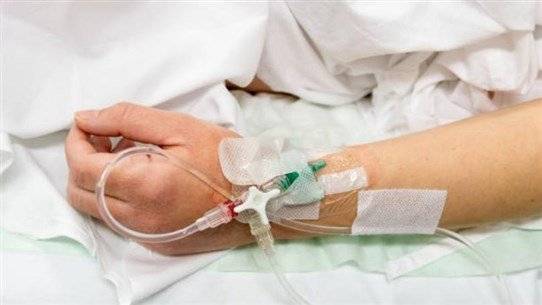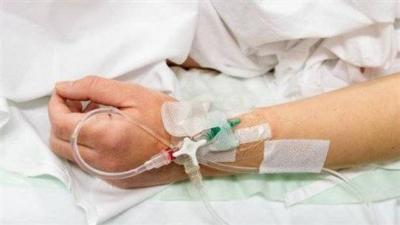The latest tragedy among the Lebanese is the shortage of "morphine," a painkiller used for severe pain, which is typically sought by patients with terminal illnesses. Yet, even these individuals are now prohibited from dying peacefully and without pain, as the suffering inflicted on their families, who endure the worst merely by the thought of losing a loved one, is compounded by the struggle to secure "morphine," which is now only available in insufficient quantities to meet needs.
The pharmaceutical market in Lebanon is experiencing a significant shortage of drugs that are still subsidized by the Banque du Liban, particularly medications for cancer and terminal illnesses. Morphine falls under the category of subsidized drugs, making it extremely challenging for those in need to obtain it. Currently, hospitals do not face a shortage of IV morphine. One doctor confirmed to the "Asharq Al-Awsat" that it is available at the hospital where he works until the end of 2022; however, most patients cannot afford the costs of acquiring morphine in hospitals, where bills have become "astronomical."
Recently, an announcement was made to allocate $5 million for the last three months of the year, in addition to the previously allocated $35 million by the Banque du Liban for the Ministry of Health to purchase medications for cancer and terminal diseases, infant formula, medical supplies, and raw materials for drug production. Last June, the UN Resident Coordinator and Humanitarian Coordinator in Lebanon, Najat Rushdie, announced the extension of the emergency response plan in Lebanon until the end of 2022 and requested $163 million from donors to provide essential needs for the most vulnerable Lebanese and residents.




